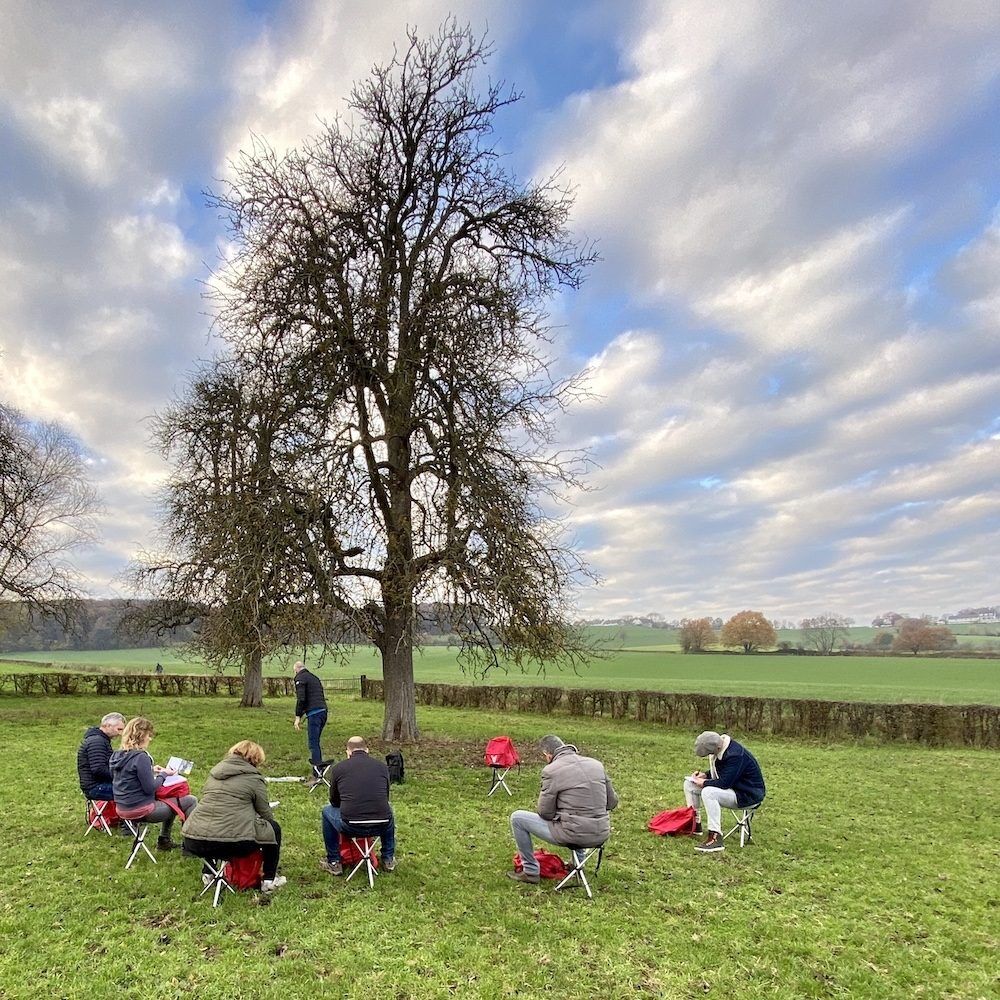
It’s the end of the year, and you most likely have created beautiful plans for 2023. How can we ensure they don’t end up where our resolutions end up? Research shows that New Year’s resolutions are manufactured to fail. In fact, 80% of people who have made a resolution have failed by the beginning of February. How can we shift our mindset so that we don’t fall into the same patterns and pitfalls as humans and as a team? How do you get your team 2023 ready?
We have all been there, every January, we start off working hard to meet New Year’s resolutions and upcoming goals. But for one reason or another, those resolutions start to take a backseat to everything else going on, the New Year starts to wear off and (old) patterns and behaviors re-immerge.
If you are truly serious about not falling back into old patterns, and want to create new habits that will benefit you and your team, all year, there are several things you and your team can do now to get yourself into the 2023 mindset.
Firstly, break down larger actions and goals, with micro-goals, and celebrate each success moment. When you make a little contract with yourself and your team to commit to smaller achievements/goals, this enables you to start building trust, which is a crucial element when it comes to building discipline, both for yourself and within your team.
Secondly, think about whether your team has a fixed mindset or a growth mindset. If you find that your team has a predominantly fixed mindset, use the questions below to start a conversation and boost a mindset shift within your team!
How to facilitate this team dialogue:
- Share a brief introduction with the team. Why are we here?
- Hand-out a printed version and pens, then give the team members 15 minutes to answer the questions individually.
- Discuss the answers with the team (for large teams in sub groups of 3-8 people, bringing back conclusions to the plenary session).
1. What is working?
What is already going really well in the way we perform as a team? What makes you proud? In the learning process, start with focussing on the good stuff. Instead of talking about what you can do differently, celebrate the processes and way of working which is going well within the team.
What keeps us from being successful as a team? Which patterns do we have to break? Learning isn’t all about the outcome. Shift your focus from the destination to the journey. It’s actually more about the process, and by focusing on the journey you are able to gain a deeper understanding of the material, and gain interesting discoveries along the way. Those with a growth mindset live for the process, not the finish line. By the time you reach the end product, you will have learned tons more than if you had focused solely on getting it done.
What can we learn from our team performance in 2021? What should we do differently as a team to become (even more) successful in 2023? Prioritize learning. Placing learning as a necessity in your life and that of your team is important. This means devoting time to learning every day, whether it’s five minutes in the morning or giving your team space and time to read, experience and learn on the job.
No one’s perfect, which means everyone and every team has weaknesses. A team with a fixed mindset doesn’t want to think about what their shortcomings may be. However, to shift to a growth mindset, it’s important to recognize and accept things that could be perceived as weaknesses. The main reason for this is because you can’t change if you don’t or won’t acknowledge that there is a problem.
Learning together as a team and improving together as a team is as important as it is to support each other in the (learning and developing) processes. Filling in each other’s’ ‘gaps’ and forming a cohesive team thereby boosting the teams’ growth mindset.



(Leadership Journey with Traffic Service Netherlands)
Know what your team needs to develop/learn. There are many different learning styles, and it’s important to know what motivates your team to learn- as individuals within and as a whole. It can take some time to understand these nuances, and develop learnings which trigger each individual within the team, but once this is fine-tuned, learning will be easier and more enjoyable for everyone.
Know what you need to learn and develop, it’s also important to know your own. Just as the nuances within your team members, you as an individual have specific learning needs and styles. Sometimes a fixed mindset has come from not fully understanding the best way for you to take in information, meaning if you’re not a person who enjoys sitting at a desk all day, then taking classes where you’re required to sit at a desk all day isn’t going to serve you. Do some research online as there are many different books and quizzes which can help you figure out what kind of learner you are.
Accept constructive criticism. A lot of people can’t handle criticism, and it’s a problem. Criticism is essential to growth, be it personal or in business. Think of constructive criticism as a necessary tool for learning. Sometimes when you have an area of weakness, it needs to be pointed out to you, so you can focus on it and improve. In some ways, you can think of constructive criticism as a gift.
What would it look like if your team accepted constructive criticism with pride instead of becoming defensive? As mentioned, criticism will help your team grow, and yes, it’s not pleasant to be confronted with weaknesses and short comings, but stepping outside of the comfort zone, is, as they say, where the magic – and growth – happens.
Never stop learning. Maintain a childlike curiosity about the world. Growth-minded people create new goals and new projects to immerse themselves in topics that interest them, and they never feel like they know it all. The same applies to your team. Learn and grow together, there are always ways, tools and techniques to become an even more efficient or effective team.
Come together as a team and discuss the answers to these questions. You can download a printversion for free to use during the team session. Shifting your mindset from fixed to growth can be a difficult road, but in the long run, this mindset shift will lead to more success. Just like with New Year’s resolutions, start small, and set a few micro actions for yourself/your team.
A shift in mindset, culture, or behavior takes time, dedication, and a lot of repetition. But by breaking down your goals further, and (self) reflecting on having or developing a growth mindset you will be able to navigate the beginning of 2023, effortlessly. And… well hopefully stick to those resolutions and goals.


